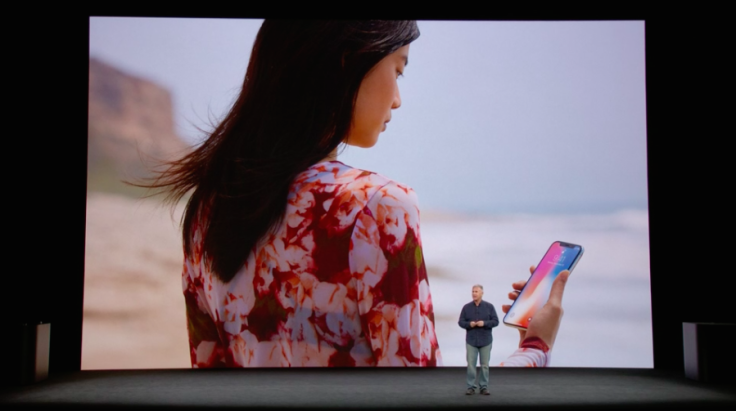How To Get iPhone X Face ID-Like Feature on Android For Free

Apple revealed the $999 iPhone X in California earlier this week. The highlight of the phone is the Face ID 3D face authentication feature, which uses sensors, lighting and the front camera to authenticate a user’s face and unlock the phone without a password.
While it is definitely a new feature, most other devices, even in Apple’s own line up do not have any such functionality, you might be able to get a similar kind of authentication on your iOS or Android device for free, instead of shelling out $999 — using an app called ZoOmlogin.
Instead of using the high-end advanced hardware that the iPhone X boasts of, the device uses software along with the front camera to authenticate a user and unlock the device.
“Software is the only realistic way to add biometric security to every smart device in the world. While hardware makers will always tout the latest bells and whistles to sell new phones, app publishers have different requirements and universal access is at the top of that list. Apple wants you to think you need a $1000 phone to be secure but, with ZoOm, every smart device can have 3D face authentication. ZoOm enables the deployment of strong biometric security across the entire mobile user base, regardless of the devices customers own,” Kevin Alan Tussy, CEO of FaceTec, the company which created the app said in an email to the International Business Times.
The iPhone X uses special 3D cameras to scan a user’s face, but not all devices have similar hardware. Instead, Zo0mlogin uses a technology it calls TruLiveness technology which will verify a person’s identity using 3D data that can be obtained using any smartphone’s front camera — it basically scans your face just like you would take a selfie. The company claims that it can work with varied lighting i.e. both at day and night and authenticate the user in less than two seconds.
The company also claims that False Acceptance Rates i.e. the rate of error of the mechanism is close to 1/1,000,000, which is close to what the iPhone X promises.
In terms of privacy, FaceTec claims that user data never actually leaves the device and the app isn’t connected or dependent on network or data.
The company has offered its software development kit to developers and claims that it can be adopted by any smartphone manufacturer using just a few lines of code. FaceTec is offering this functionality for free to small companies and will bill larger ones and governments on per user, per month basis.
There is a little caveat though — FaceTec is yet to get the patent for the TruLiveness technology. Still, the app is currently available and you can download it by clicking on this link.
© Copyright IBTimes 2024. All rights reserved.





















